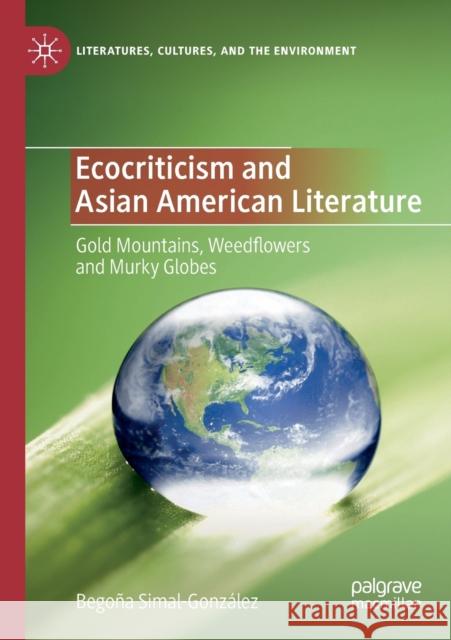Ecocriticism and Asian American Literature: Gold Mountains, Weedflowers and Murky Globes » książka
topmenu
Ecocriticism and Asian American Literature: Gold Mountains, Weedflowers and Murky Globes
ISBN-13: 9783030356200 / Angielski / Miękka / 2021 / 273 str.
Ecocriticism and Asian American Literature: Gold Mountains, Weedflowers and Murky Globes
ISBN-13: 9783030356200 / Angielski / Miękka / 2021 / 273 str.
cena 342,95
(netto: 326,62 VAT: 5%)
Najniższa cena z 30 dni: 327,68
(netto: 326,62 VAT: 5%)
Najniższa cena z 30 dni: 327,68
Termin realizacji zamówienia:
ok. 22 dni roboczych
Bez gwarancji dostawy przed świętami
ok. 22 dni roboczych
Bez gwarancji dostawy przed świętami
Darmowa dostawa!
Kategorie:
Kategorie BISAC:
Wydawca:
Palgrave MacMillan
Seria wydawnicza:
Język:
Angielski
ISBN-13:
9783030356200
Rok wydania:
2021
Wydanie:
2020
Numer serii:
000418820
Ilość stron:
273
Waga:
0.35 kg
Wymiary:
21.01 x 14.81 x 1.55
Oprawa:
Miękka
Wolumenów:
01
Dodatkowe informacje:
Wydanie ilustrowane











